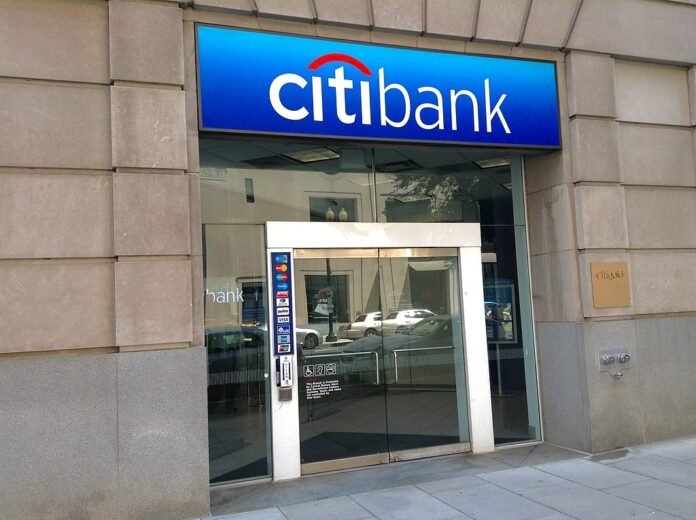Four major banks face massive fines after traders were caught secretly exchanging bond market data.
The UK’s financial watchdog has cracked down hard on four of the world’s biggest banks, slapping them with fines exceeding £100 million. The Competition and Markets Authority (CMA) uncovered a secretive operation where traders from HSBC, Citi, Morgan Stanley, and Royal Bank of Canada (RBC) illegally shared sensitive bond trading data. The violations, which spanned from 2009 to 2013, involved discussions in private Bloomberg chatrooms where traders exchanged confidential details about UK government bonds (gilts).
The CMA’s long-running probe revealed that these banks colluded on buying and selling strategies, potentially influencing market prices and impacting investors. Although all four institutions have since implemented stricter compliance policies, regulators were clear: this level of misconduct could not go unpunished.
Embed from Getty ImagesFines & Fallout
RBC bore the brunt of the penalties, receiving the largest fine of £34.2 million. Morgan Stanley followed with a £29.7 million charge, while HSBC and Citi faced penalties of £23.4 million and £17.2 million, respectively. Deutsche Bank, despite being implicated, escaped financial punishment after voluntarily reporting the wrongdoing to authorities. Citi also saw its fine slashed by over 50% for cooperating during the investigation.
Juliette Enser, the CMA’s interim executive director of competition enforcement, justified the heavy-handed approach, stating, “The financial services sector is an integral part of the UK economy, contributing billions every year, and it’s essential that it functions effectively. The fines imposed today reflect the CMA’s commitment to deterring anti-competitive conduct.”
Bank Responses: Defiance or Damage Control?
Each of the fined banks scrambled to downplay the scandal, with HSBC labelling it an outdated issue involving only a “small number of historic communications” between its traders and those at Deutsche Bank. The bank insisted it had since “transformed its compliance programme” and was “pleased to put this investigation behind us.”
Morgan Stanley echoed a similar stance, dismissing the case as “the actions of a single former employee approximately 15 years ago.” The bank asserted that the CMA had found no evidence of market impact or financial benefit to the firm.
RBC, the hardest hit by the fines, defended itself by stating that its compliance measures had vastly improved in the past decade. The bank insisted that “we do not tolerate misconduct of any kind” and stressed that the employees involved were no longer with the firm. Citi, meanwhile, simply stated that it was “pleased to resolve the longstanding case.”
Regulators Draw a Line in the Sand
The CMA warned that if similar violations occurred in the future, fines would be “substantially higher.” The regulator pointed out that the banks had taken “unusually extensive steps” to ensure compliance, but the penalties served as a firm reminder that financial institutions must adhere to fair market practices.
These latest revelations add to a growing list of financial scandals that have rocked the industry. With regulators worldwide increasing scrutiny on banking giants, the pressure is mounting to clean up questionable trading practices before further damage is done.
